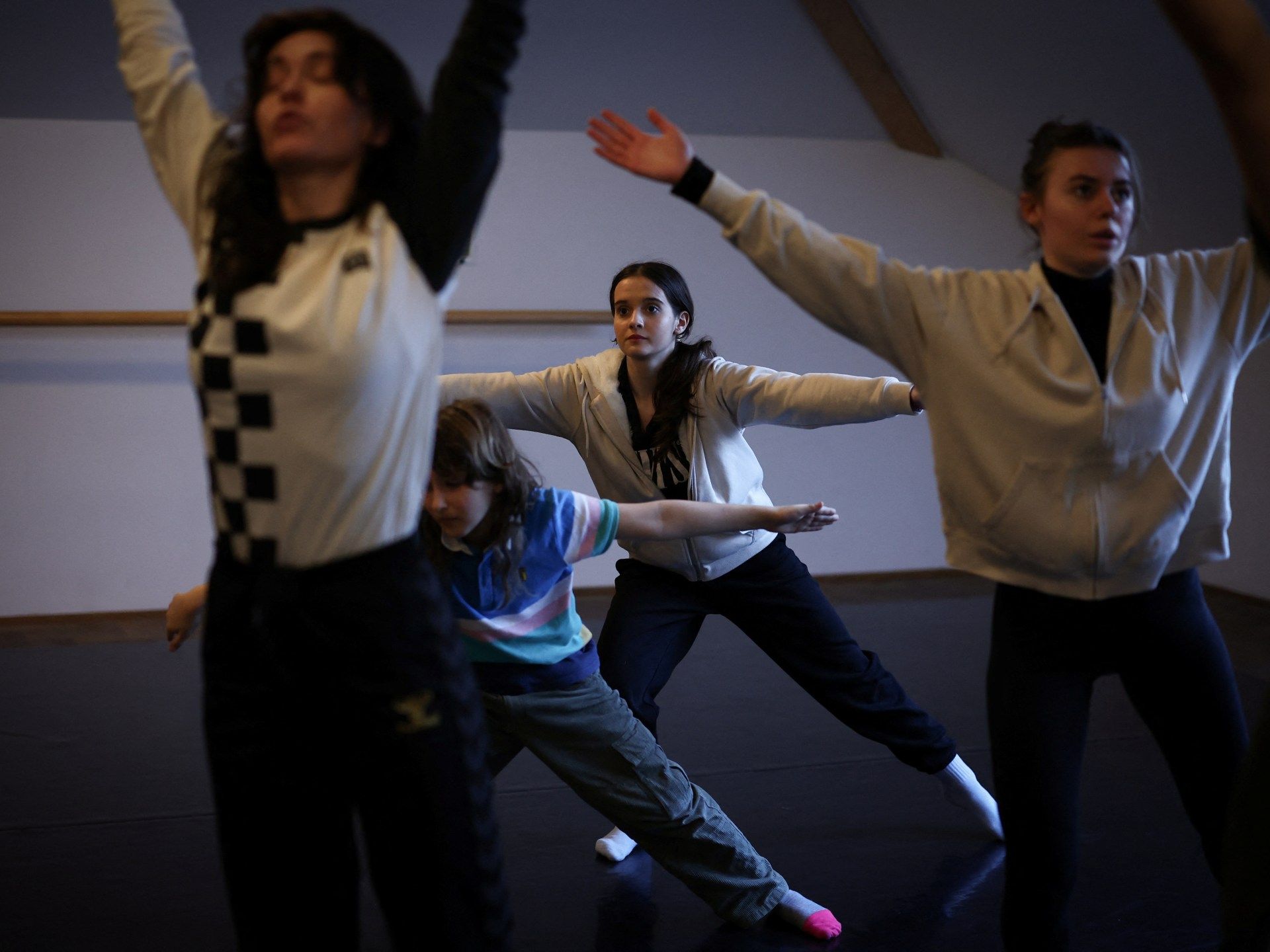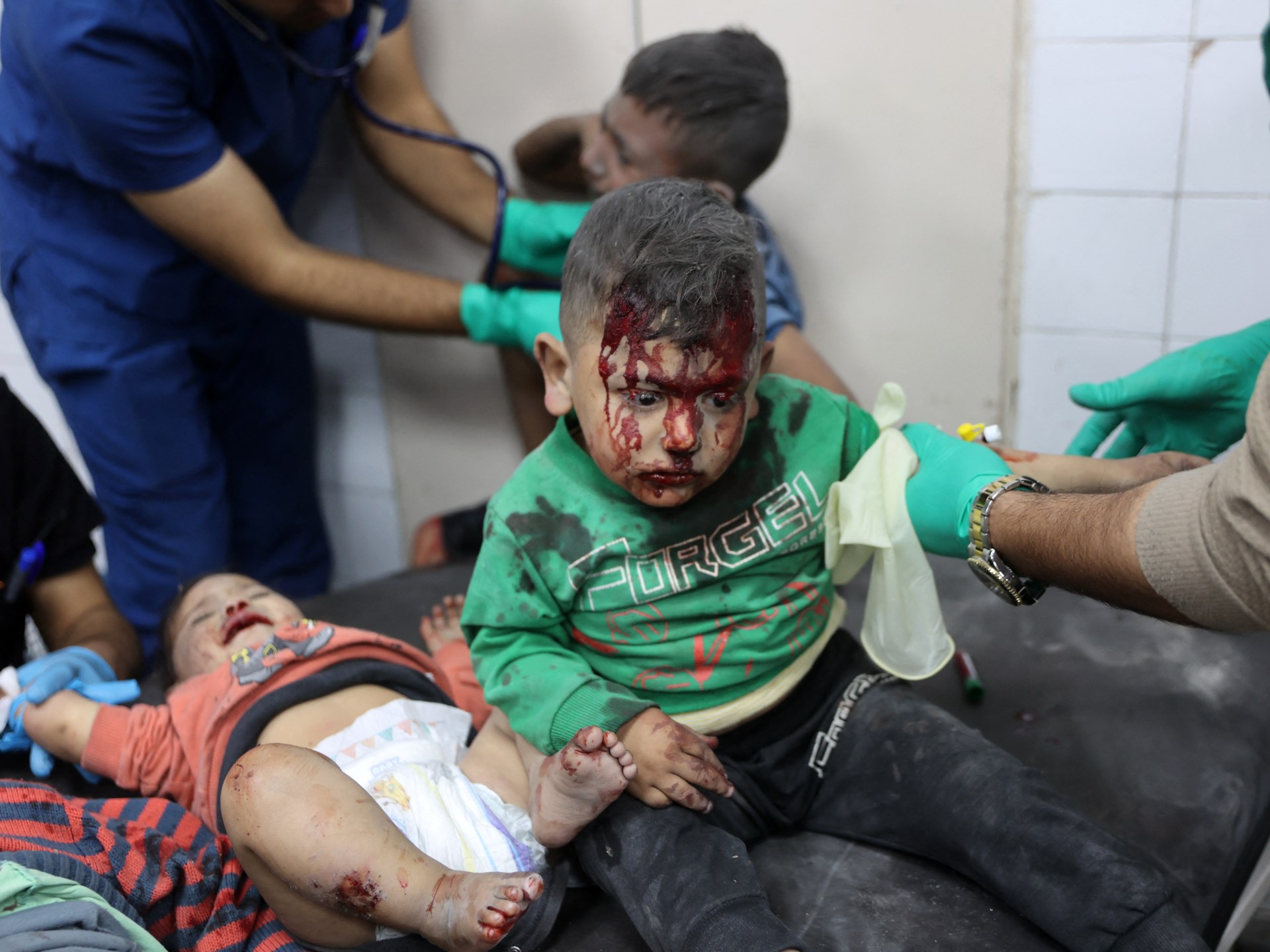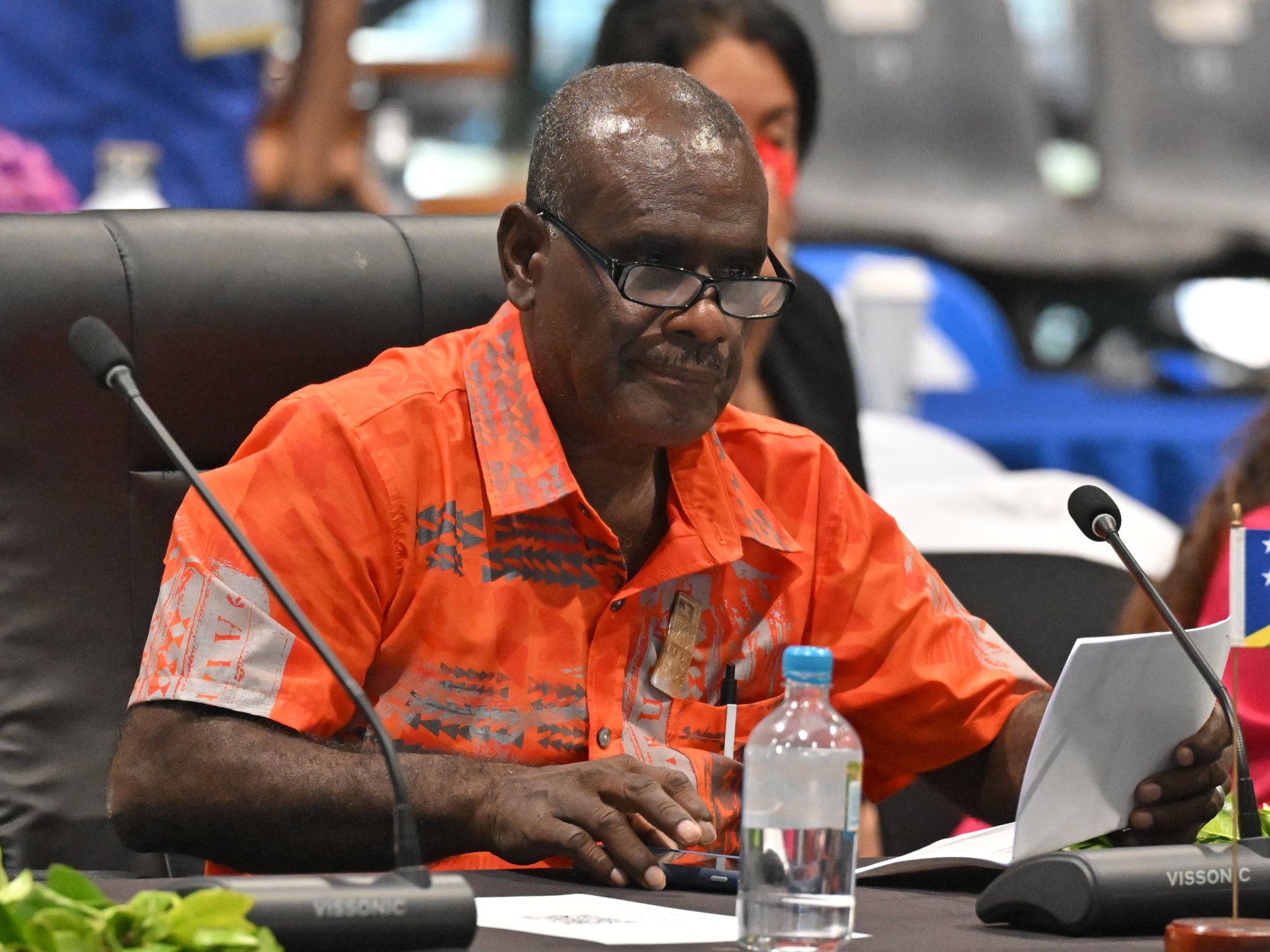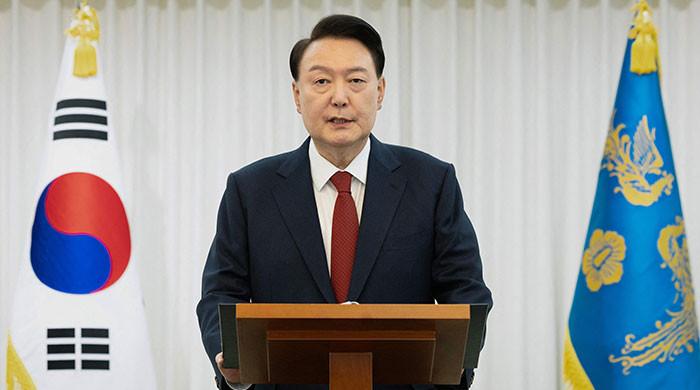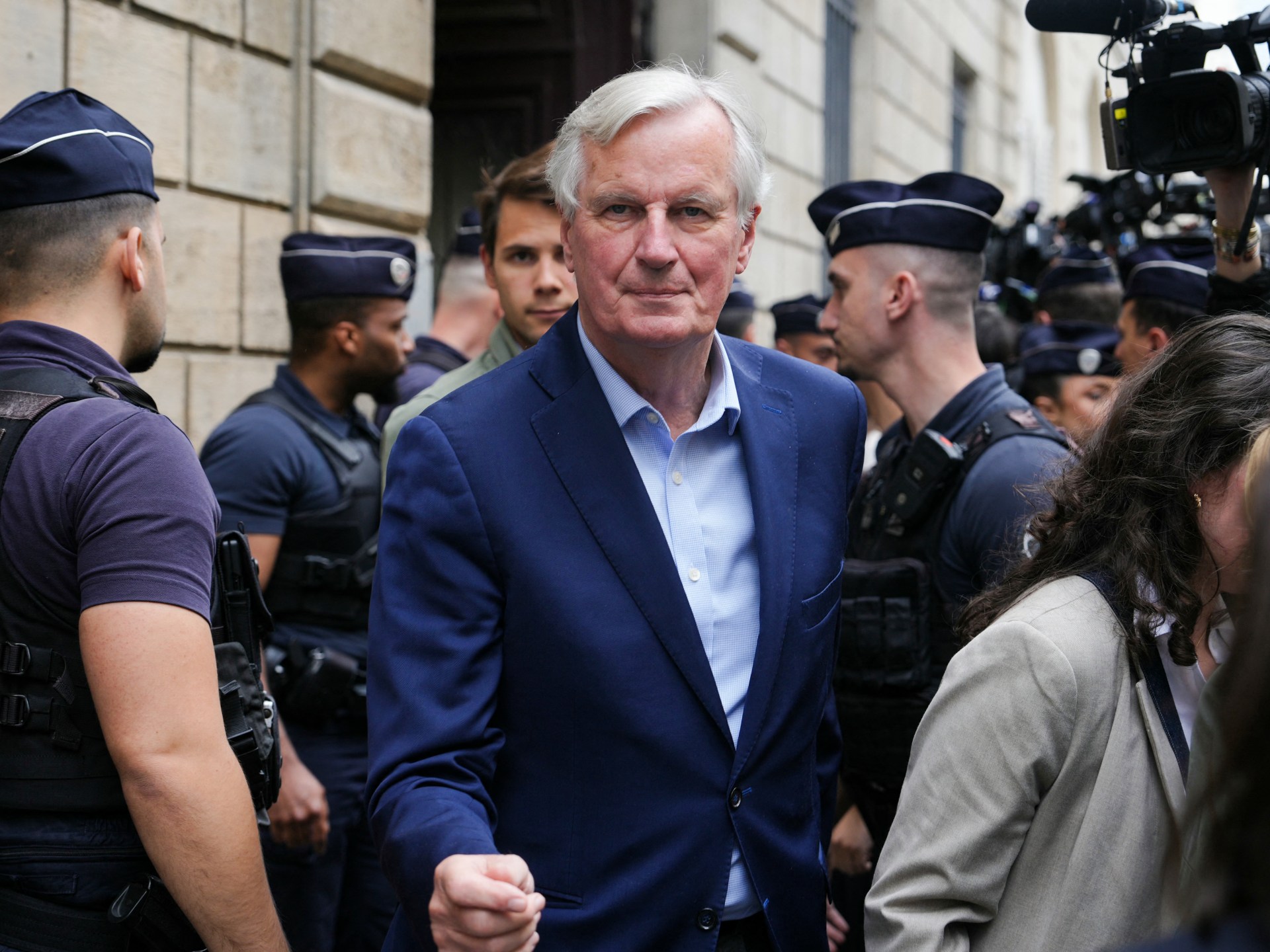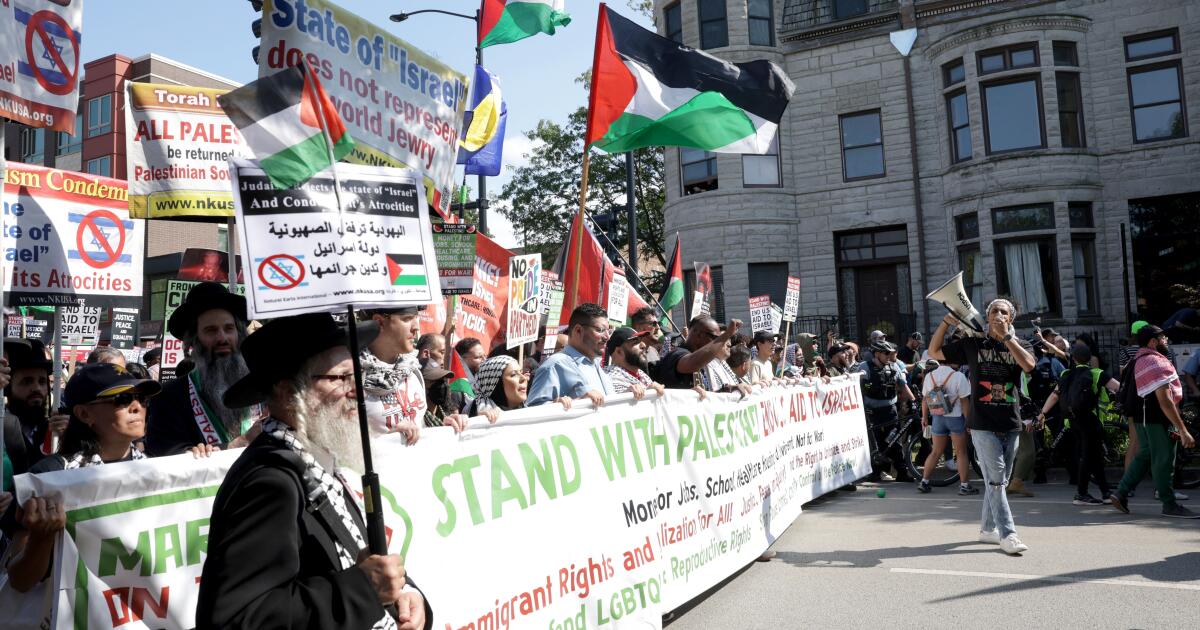Two years ago, Ukrainian teenagers were busy making friends, falling in love and trying new things, just like their peers in other countries.
But plans and dreams were quickly shattered by the Russian invasion that began on February 24, 2022, forcing many young people to flee their homes, friends and schools and build a new existence in a strange country.
Tens of thousands of Ukrainian teenagers ended up in neighboring Poland, some with their families and some without, among the millions of refugees who fled to other European countries. Nearly six million Ukrainians remain displaced outside the country, a World Bank study shows.
Two years later, many of them have adapted to a new life. But some struggle with anxiety, anger and despair, as well as a sense of limbo as they contemplate the possibility of returning to Ukraine one day if the conflict ends.
The transition to adulthood can be a difficult path, and the danger and disruption caused by war has made it more difficult.
Marharyta Chykalova, who will turn 17 in March, left her hometown of Kherson, southern Ukraine, with her mother in April 2022 after sleeping in a basement for weeks (and fearing for her life) while Russian troops occupied the city.
They fled to Moldova, then Romania before settling in the Polish city of Gdynia. Marharyta began learning Polish, trying hard to adapt to her new Polish school, but the first six months were difficult.
She says she kept in touch with some of her closest friends back home, but still felt alone.
To help cope with depression, the soft-spoken student joined drama classes that allowed her to express her emotions on stage and helped her make new friends.
“Some people say home is not a place where you live, but home is a place where you feel good,” he said. “I feel good on stage, with people close to me. This is my home.”
According to January data from the Immigration Office, around 165,000 Ukrainian teenagers between 13 and 18 years old are registered as refugees in Poland.
Some gather at Blue Trainers, a community space in a Gdansk shopping center where they play board games, billiards and table tennis. Above all, they connect with their Ukrainian and Polish peers.
Playing sports was an especially popular way for young people to cope with the impact of the war.
Andrii Nonka, 15, from Kharkiv, arrived in Poland on his birthday, March 6, 2022, with his mother. His father stayed in Ukraine. He occasionally feels a strong desire to return home to see his friends and his father.
Joining a boxing club helped him find new friends and he now increasingly sees Poland as an opportunity to find a good job, possibly in IT.
“I think that thanks to the war I have matured faster,” Andrii said. “For now it is difficult to know where my house is. For now, my home is in Ukraine.”
Dariia Vynohradova, 17, also from Kharkiv, left her parents behind and says she no longer wants to return.
“I don't want to go back because Kharkiv is so destroyed that there is nothing to go back to,” he said. “Sometimes I will go back to visit my parents, but I want to stay here.”

